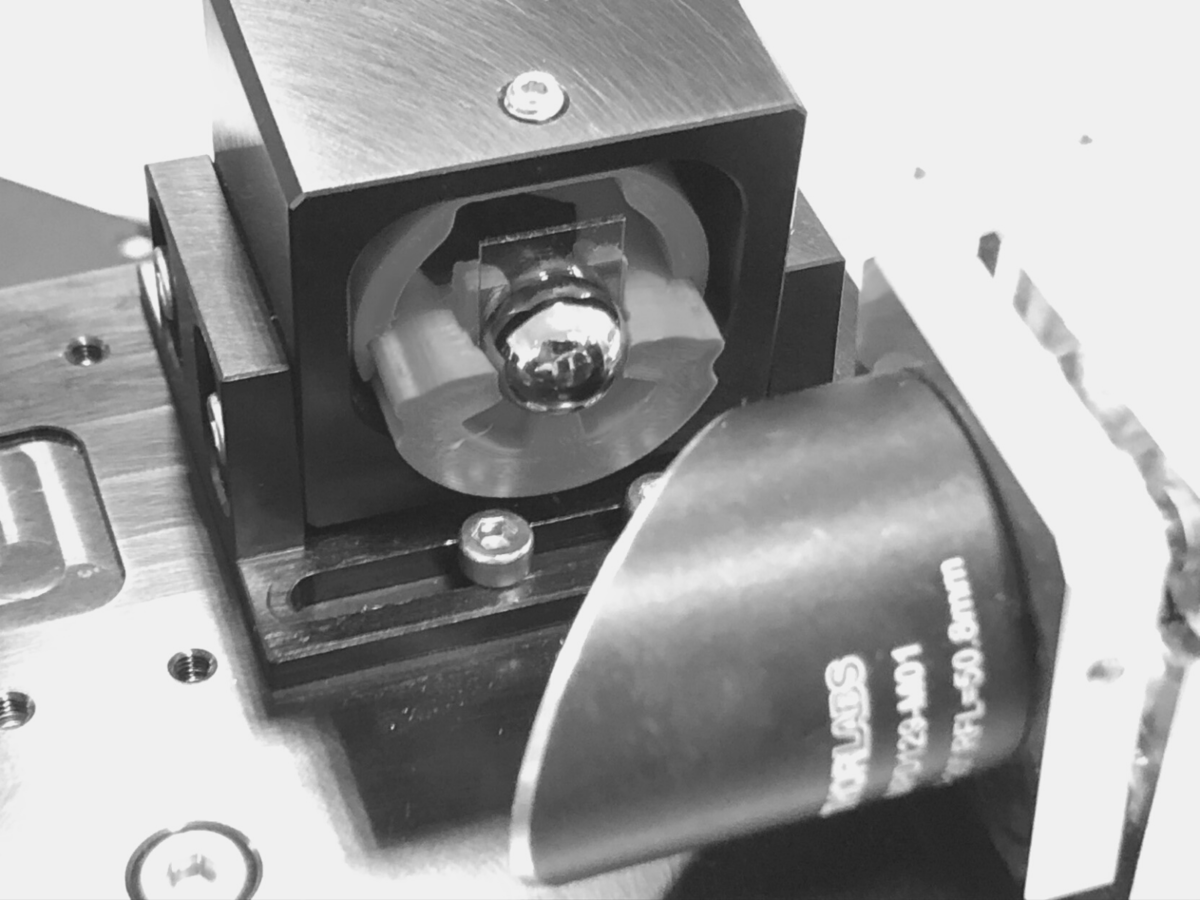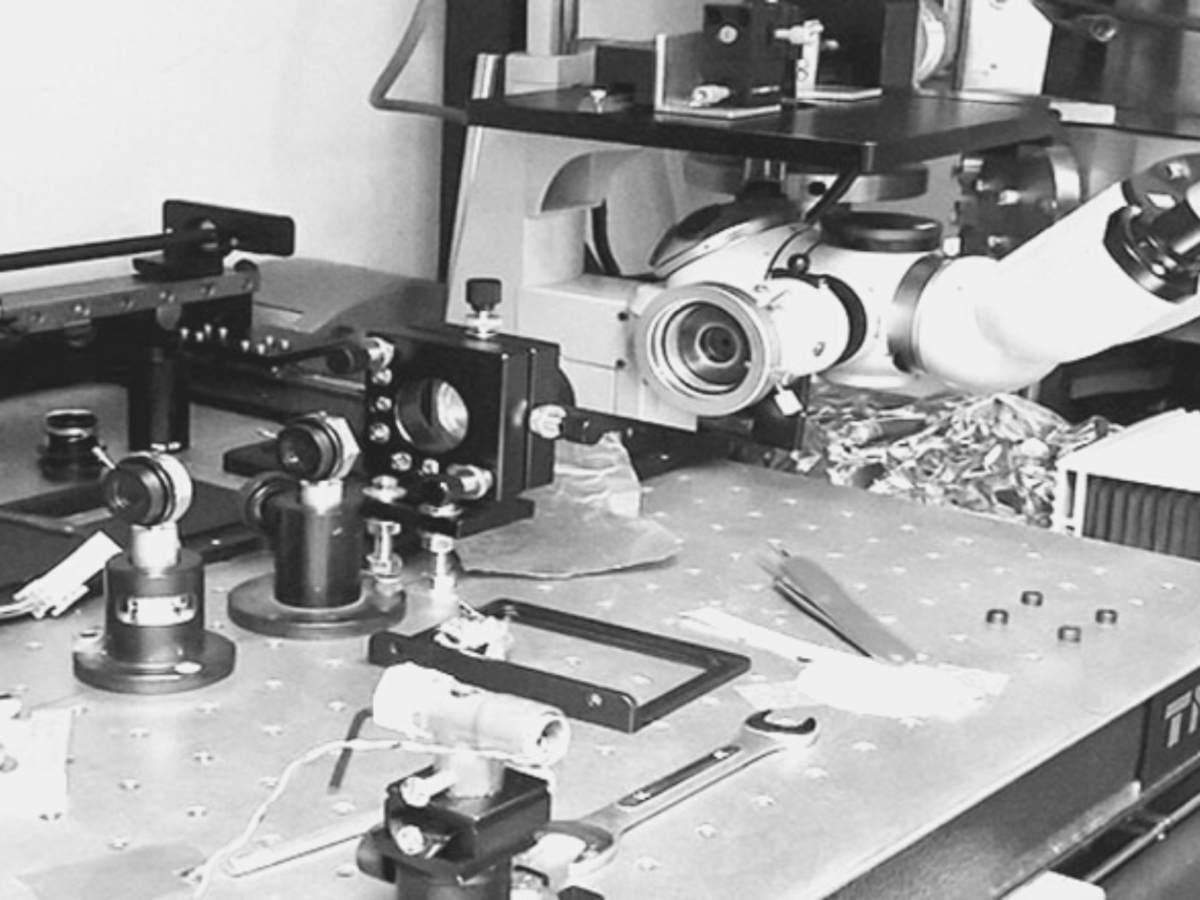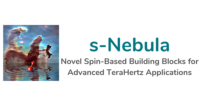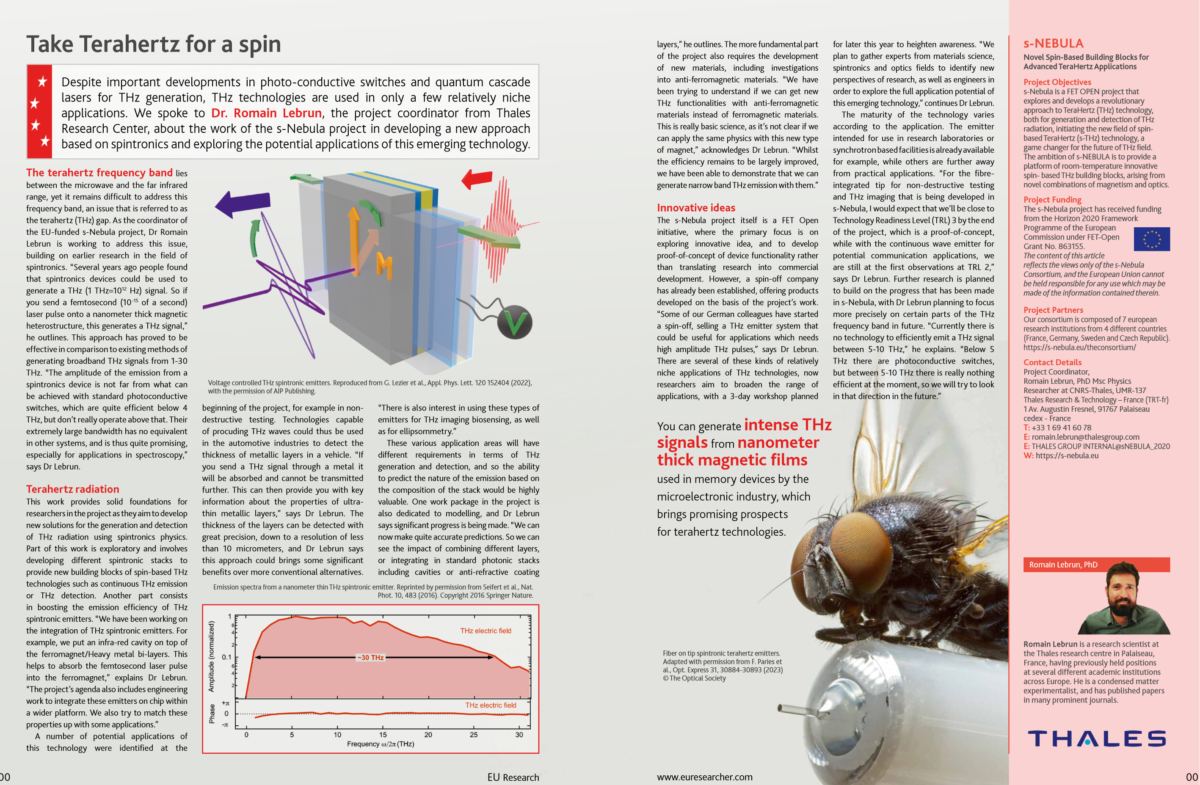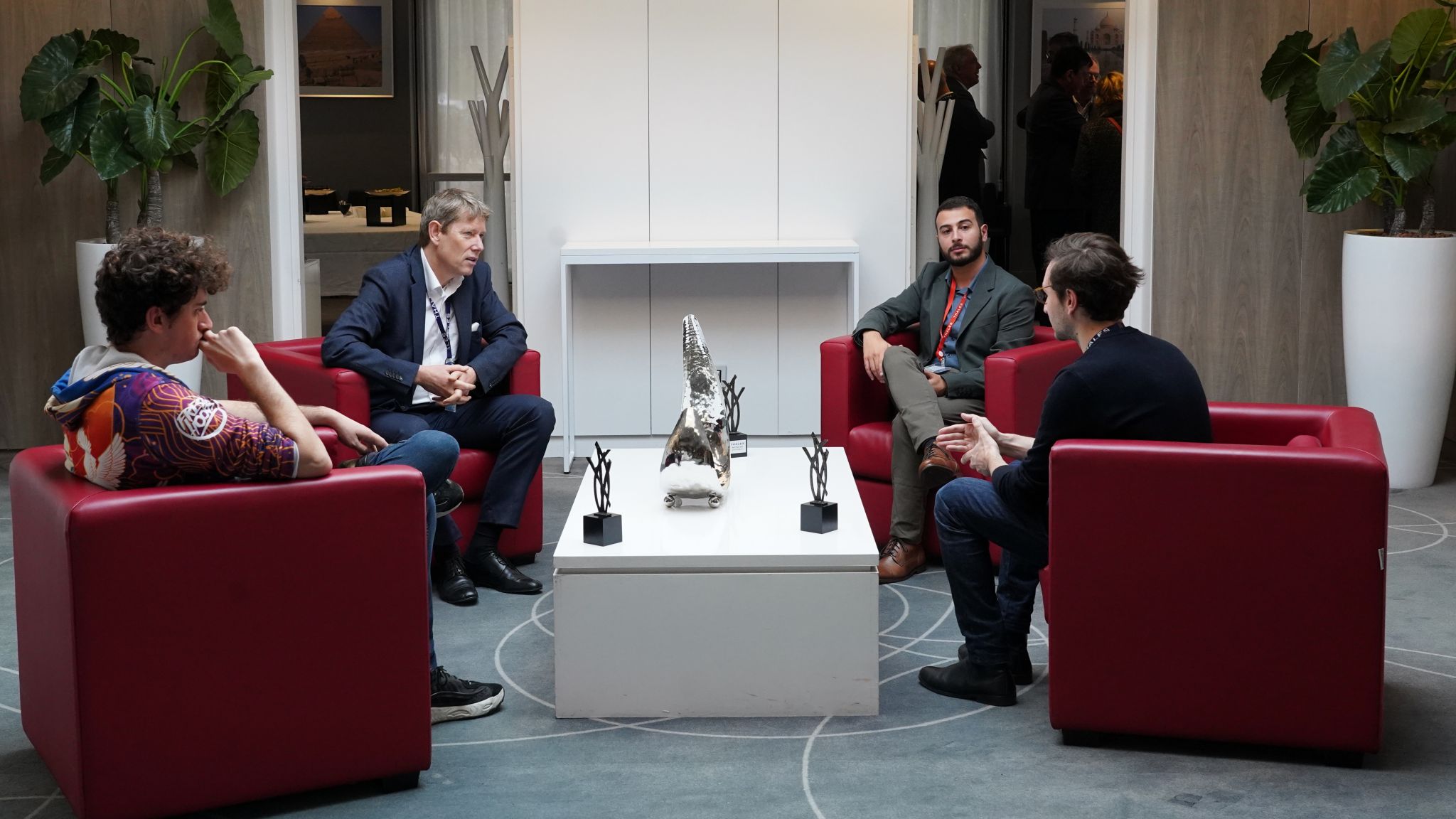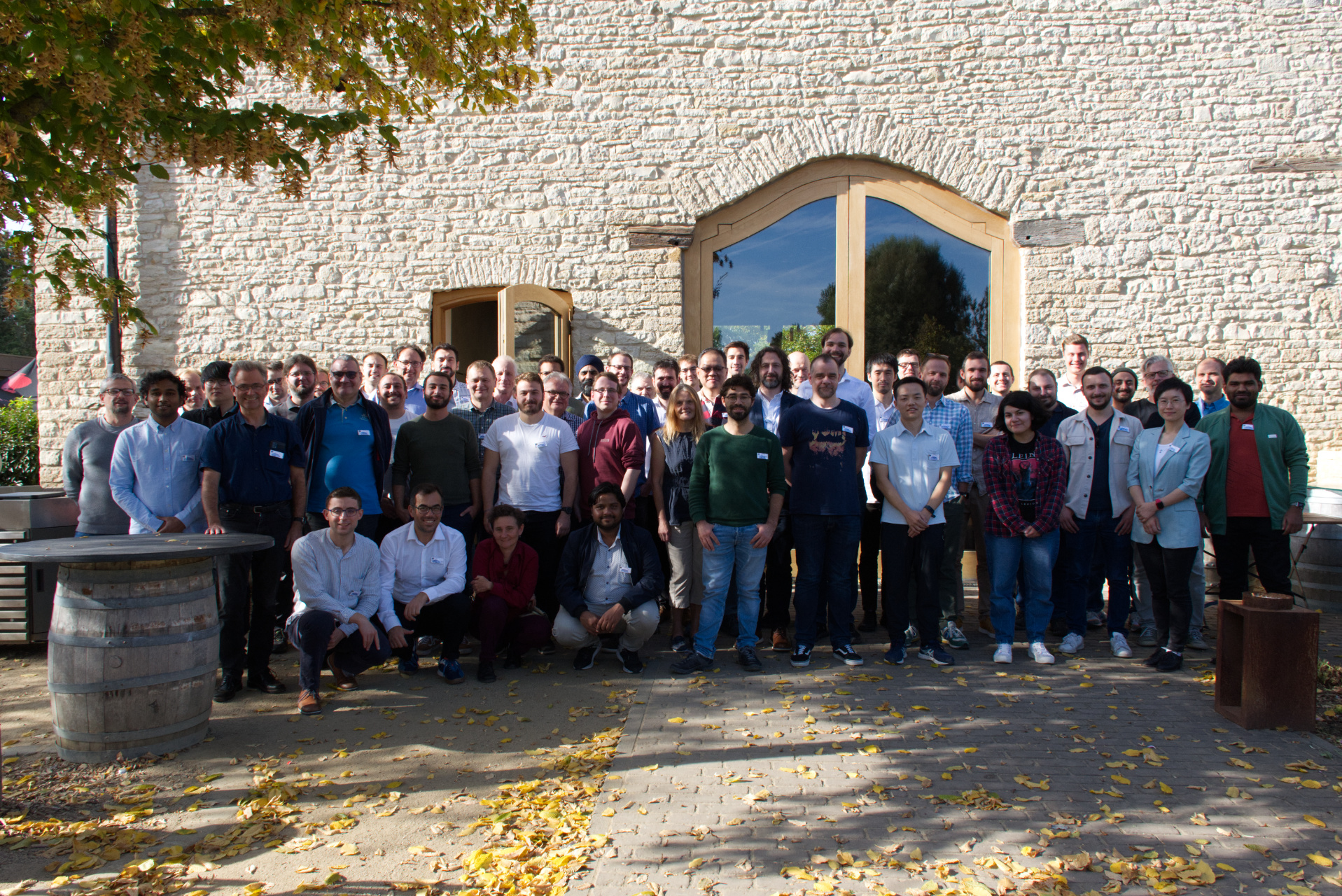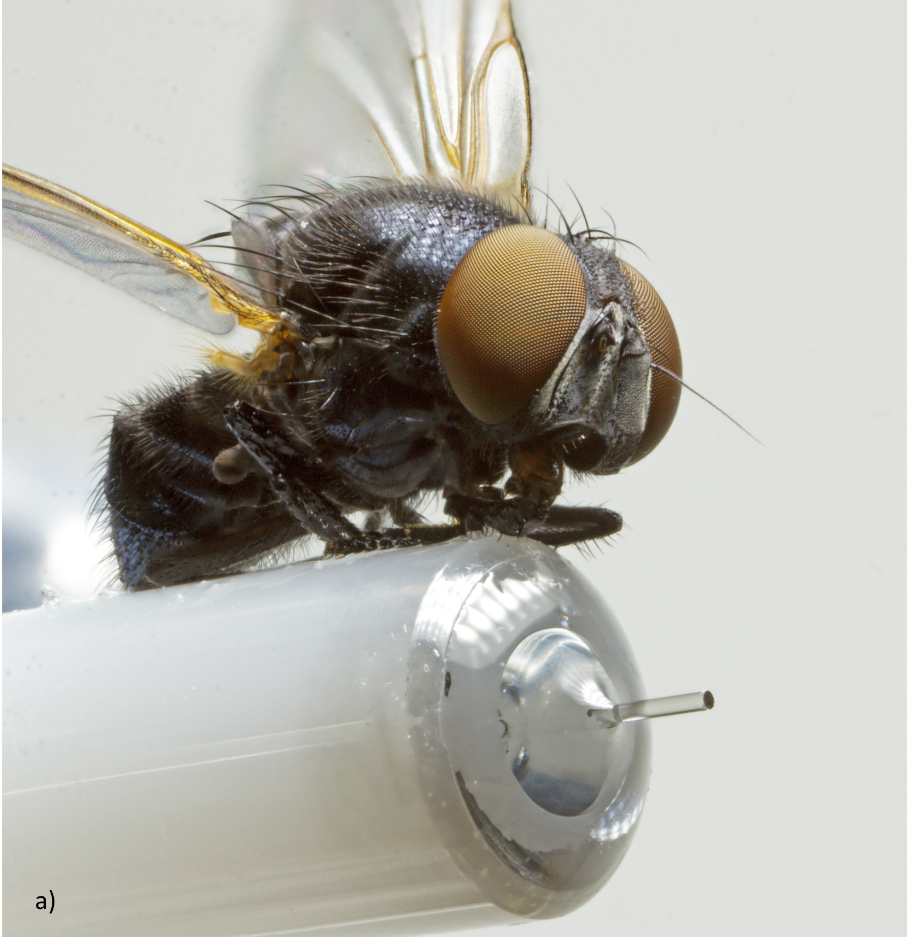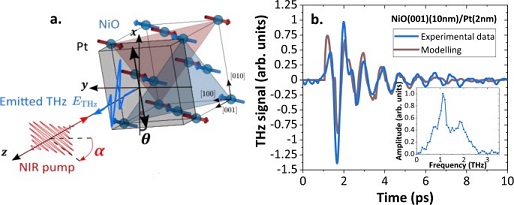The project in short :
7 Top European Research Institutions
About 60 researchers involved
3 390 000 Euros contribution by the European Commission
A 48 months effort (January 2020 → December 2023)
s-Nebula is a FET OPEN project that explores and develops a revolutionary approach to TeraHertz (THz) technology, both for generation and detection of THz radiation, initiating the new field of spin-based TeraHertz (s-THz) technology, a game changer for the future of THz field. The ambition of s-NEBULA is to provide a platform of room-temperature innovative spin- based THz building blocks, arising from novel combinations of magnetism and optics.
s-NEBULA will provide cutting-edge solutions to solve bottleneck scientific issues in the THz field motivated by clear needs in judiciously chosen target applications. These include variable-baseline broadband pulsed emitters and voltage-controlled compact detectors for non-destructive testing (NDT), intrinsically-modulated CW emitters for THz communication and polarization-programmable emitters for ellipsometry. More broadly, our ambition is to develop a platform of spin-based THz building blocks based on new physical mechanisms to be integrated in innovative systems, targeting different market applications.
We will thus aim at demonstrating innovative schemes for THz emission using spin-orbit interfaces targeting optically driven s-THz pulsed emitters with bandwidth > 20 THz, with enormous potential for NDT applications. For THz communication, data traffic densities of several Tbps/km2 are predicted for 5G networks, but not a single THz data link beyond 2 THz s-NEBULA will develop high-power tunable CW emitters working beyond 5 THz. Besides, we will investigate a disruptive approach combining antiferromagnetic materials with direct voltage rectification effects, targeting a tunable & compact detector, key element for on-chip THz systems of tomorrow. Furthermore, combining THz radiation with magnetism enables an extra lever to control the emitted wave; intrinsic modulation/demodulation becomes possible, as well as polarization control for innovative schemes in ellipsometry.
All these approaches are not possible with existing THz technologies. The consortium gathers leading European expertise in significantly diverse areas (optics, magnetism, materials preparation, advanced theory, industrial integration, THz metrology) that will enable multi-disciplinary work.
